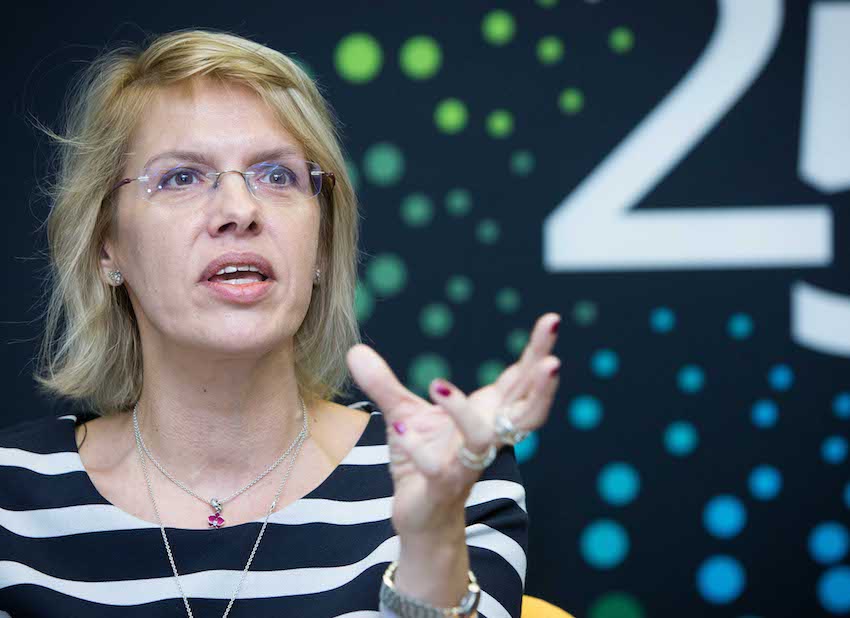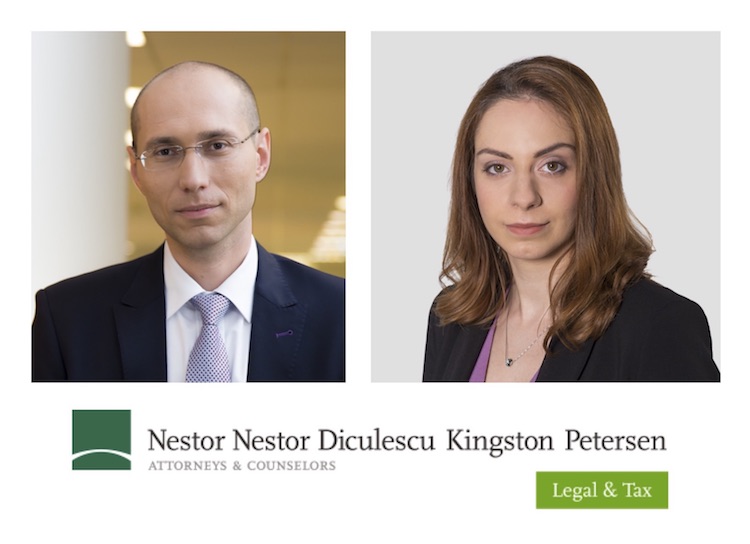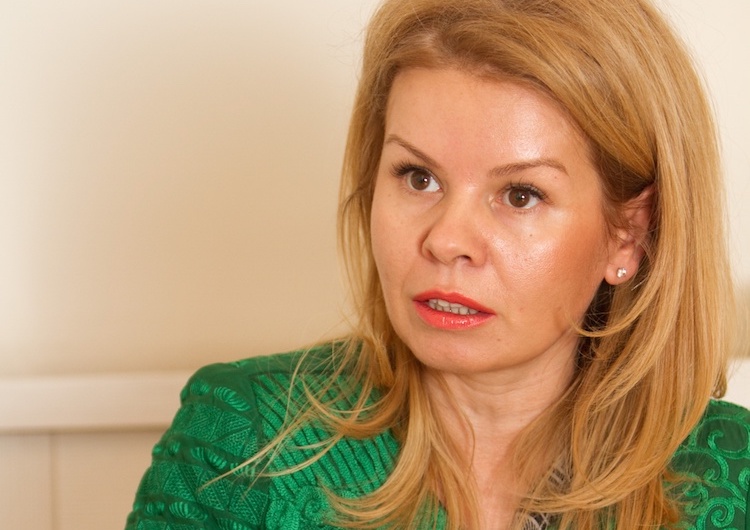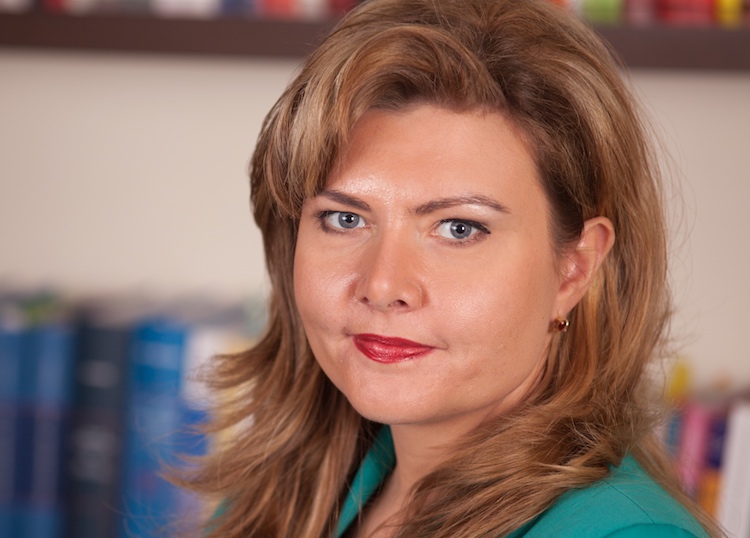Romania's political dilemmas and the balance of power
Many years, almost 26, in fact, have passed since Romania escaped from the grips of the communist regime. Yet upon closer inspection one can notice that many in power nowadays are, in fact members of the “old guard”, who have risen to power and taken over what was left the country. Nevertheless, even in such an environment, political games are still played and alliances are still being formed.
A brief summary of the current political party scene might shed some light on some of these inclinations. Who is left on the Romanian Political scene The ruling party in Romania is PSD (Social Democrat Party). Although the name is similar to the US' Democrat party, they are not to be confused in terms of world view, as the ways of this particular Romanian entity would prove itself right wing in the US. And, as I've stated before, most parties in Europe differ greatly from their US counterparts in ideology and strategy.
For instance, right wing political figures, such as Dutch politician Geert Wilders would stand up for the welfare state, whereas in the US the right wing Republican party is innately against big government and social handouts.
The second most influential party in Romania is PNL ( The National Liberal Party), followed by ALDE (Alliance of Liberals and Democrats) and UDMR ( The Democratic Union of Magyars in Romania).
Quite the newcomer to the political stage is former Romanian president Traian Basescu's party, PMP (The Popular Movement Party).
In terms of Parliamentary representatives, at this time(1), PSD has 179 members in the Romanian Parliament's Chamber of Deputies, PNL has 117, ALDE has 25, and, UDMR 17.
The year 2015 in Romanian politics
Romanian politics has been going through on and off crisis periods for the past several years.
Starting with 2012, Victor Ponta and former president Traian Basescu had become the protagonists of such disputes. In June of 2015, for the second time in three years, Romania was dealing with yet another crisis. This time, the country's Prime Minister, Victor Ponta was put under criminal investigation for 19 acts of corruption he had allegedly committed during the exercise of his profession as a lawyer as well as a conflict of interest during his time as Premier. The situation truly started affecting political life in the country when Victor Ponta refused to resign, therefore becoming the first sitting Romanian Prime Minister to be thusly prosecuted. Romanian president, Klaus Iohannis officially asked for the Prime Minister's resignation.
However, Victor Ponta refused to take such a step, most likely hoping he can weather the crisis. If this were the case, the hopes that his political career might not take as hard a hit as it would should he resign could be what is fueling his decision to stay in office. Unfortunately, seeing as how many also hold against him the Diaspora's inability to vote properly during the last presidential election, there may not be an easy way out of this crisis if the situation remains as it is.
What the future might hold
The year 2016 is one during which Romania will have legislative elections. Since the uninominal voting system has been abandoned in February 2015, during the 2016 elections the voting will be done by list.
PSD is said to have a very good chance of getting a high number of votes, despite the bad publicity its leader, Victor Ponta, had brought upon it recently. There was a possibility that PSD and UNPR ( The National Union for the progress of Romania) would enter the into an alliance for the the electoral race. However, recently, UNPR announced that it be an independent competitor in the race, not forming alliances with any other party, thus breaking the streak of only entering Parliament with the help of other cooperating parties.(2)
PMP, former president Traian Basescu's party also suffered an image hit when its former leader, Elena Udrea, was arrested in relation to the Microsoft licensing corruption scandal. Since then she has, however resigned from her job as president of the party and has reportedly cut all ties with it so as not to hurt their image any further.
Among the parties which will enter into the legislative race of 2016 are: PSD, UNPR,PSRO,PV,PNTCD,PNR, UDMR, ALDE, M10, and, PMP.
A recent poll carried out by INSCOP in September 2015 shows that the National Liberal Party (PNL) would get the most votes so far, 42 percent to be exact. The next parties in the polls are PSD, with a 35 percent rating, UNPR with 5,1, and, UDMR, with 5.0.
As the political
situation in the country still continues on quite the tumultuous
path, it is hard to predict what might occur in the future, in terms
of both alliances, rivalries, scandals, and, legal issues. One
thing remains certain though, it will take Romania an unpredictable
amount of time to settle into a new, democratic, 21stcentury normality. Its past has been vehement, its present leans
towards stoical, and, its future is difficult to envision in a
different context than that of today.
Article by: Georgiana Constantin
Sources:
(1) http://www.cdep.ro/pls/parlam/structura.gp
(2) http://www.ziare.com/unpr/alegeri/unpr-lupta-pentru-independenta-va-candida-rupt-de-psd-in-2016-1384325






